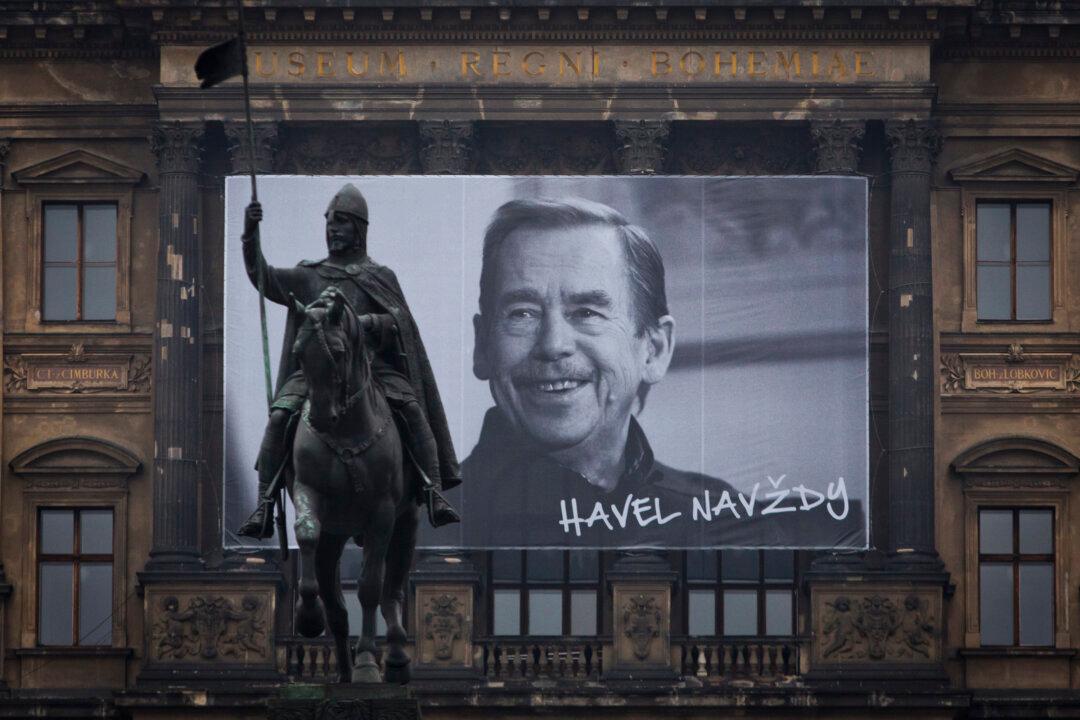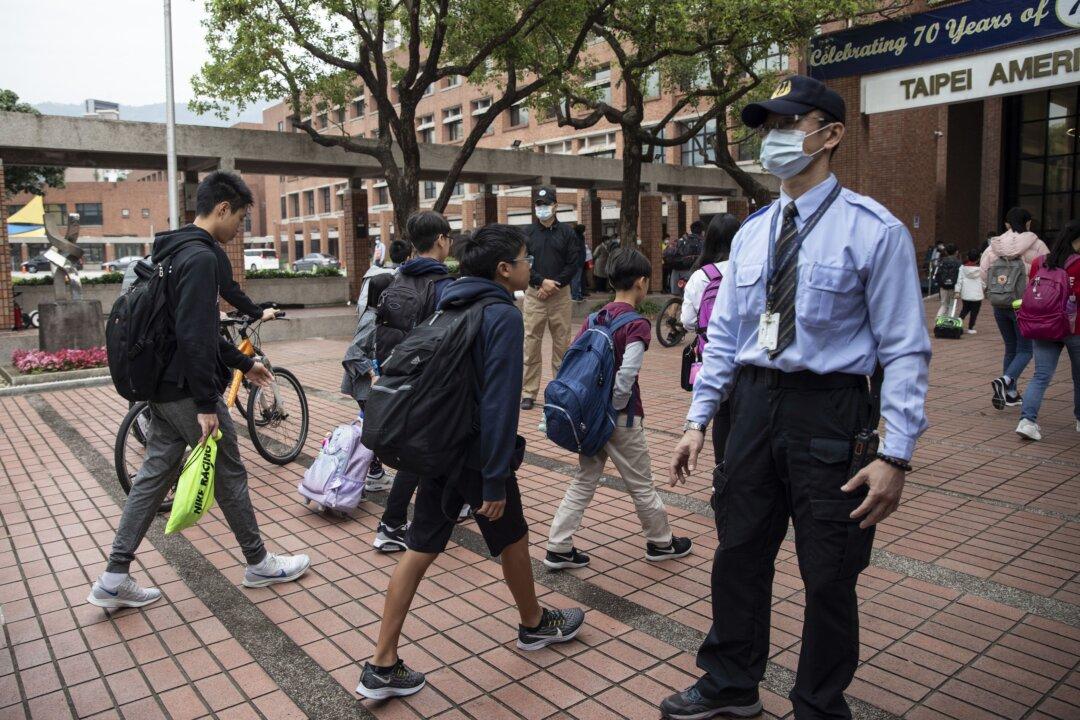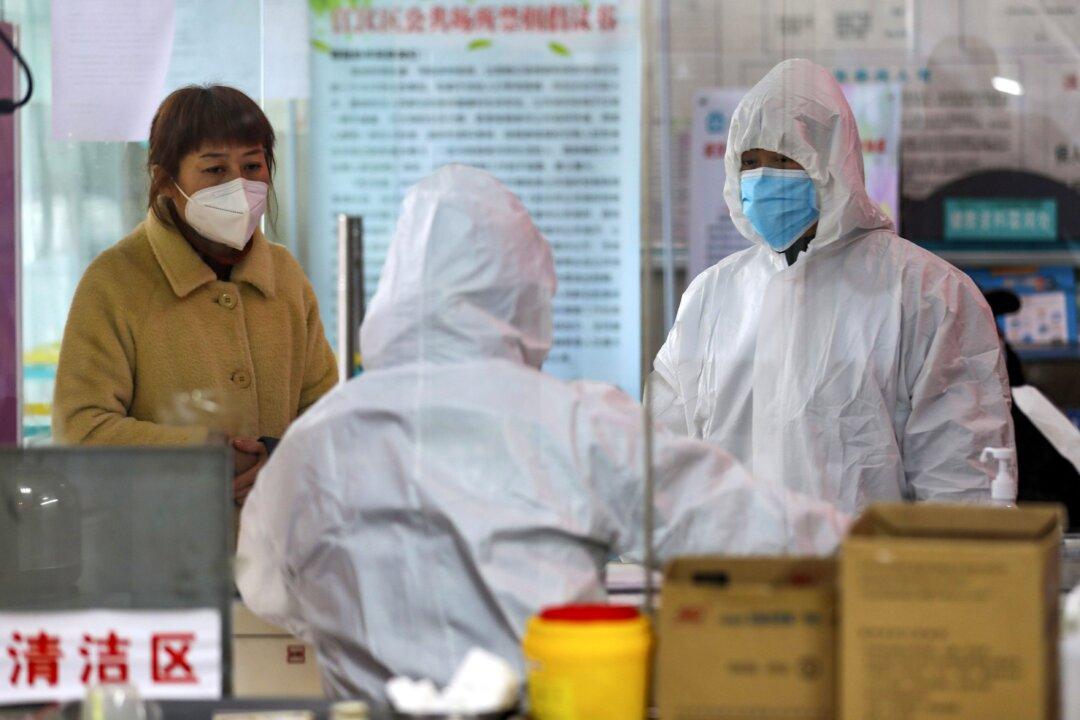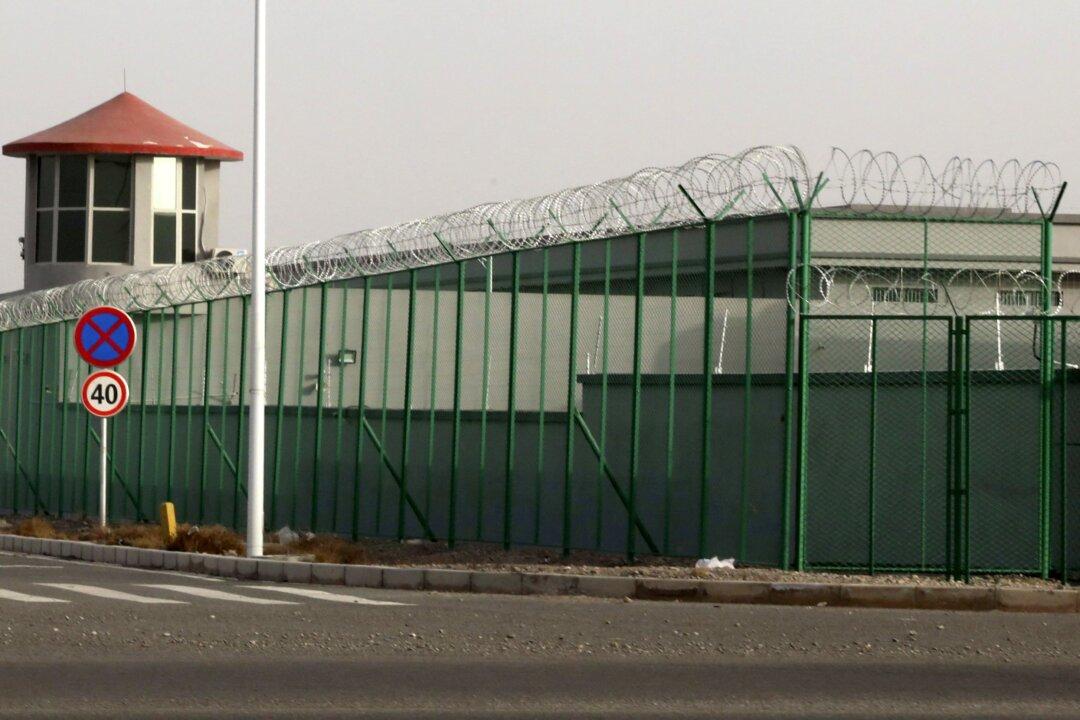Hannah Arendt’s seminal book “The Origins of Totalitarianism“ (1951) is probably the best source on key issues, including family life, under Communism, Nazism, and Fascism.
She stresses: “Totalitarian government ... could not exist without destroying the public realm of life ... by isolating men (and women), their political capabilities. But totalitarian domination ... is new in that it ... destroys private life as well. It bases itself on loneliness, on the experience of not belonging to the world at all, which is among the most radical and desperate experiences of man.”
Russia
A recently-published work by Yale University Press on family issues in Russia, Germany, Italy, Spain, and Turkey during periods of totalitarianism is Paul Ginsborg’s “Family Politics: Domestic Life, Devastation and Survival 1900–1950.” Among its conclusions about Russia between the Revolution of 1917 and 1950:
“Stalinist Terror came in waves with different targets. The most famous was that of the political show trials in Moscow in 1936, in which Stalin’s rivals for power and much of the Bolshevik old guard were brought to trial and executed... This public mask of Terror, however, concealed another wave of repression ... which the work of the French historian Nicolas Werth has only recently fully brought to light... Between August 1937 and November 1938 some 750,000 Soviet citizens were arrested as ‘enemies of the people’ and killed after summary trials. It was, according to Werth, ’the greatest state massacre ever perpetuated in Europe in times of peace.' Its victims were ... (farmers) ... and principally foreigners who had sought refuge in the Soviet Union...”





